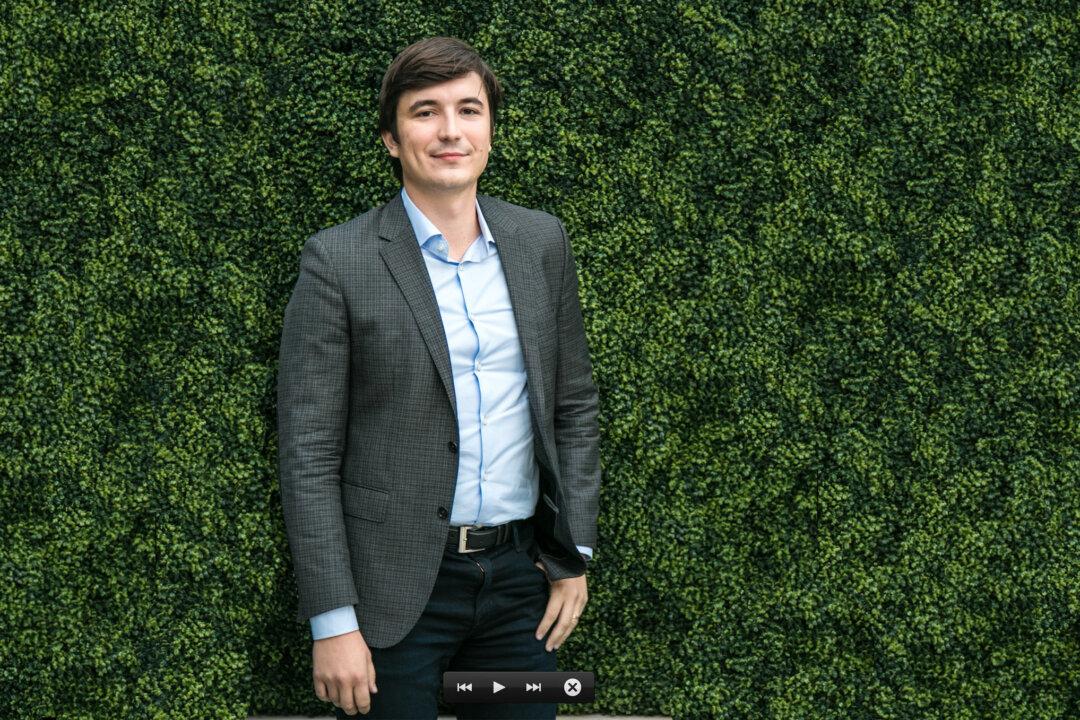NEW YORK—People love stories about Robin Hood, a legendary outlaw who took from the corrupt clergy and ruling class in the England of the Middle Ages and gave to the poor. Today, Robin Hood doesn’t dwell in Sherwood Forest anymore, but in the application store of your smartphone as a stock trading app.
“My wife initially came up with the name. She was trying to figure out how to describe my business when introducing me to people. She was saying I am in finance, but that was not quite accurate. Then she called us Robin Hood of finance, fighting for the little guys,” says 29-year-old Vlad Tenev, co-founder of Robinhood.
Robinhood is a smartphone app allowing people to trade U.S.-listed stocks and exchange-traded funds (ETFs). It offers commission-free trading while other online trading platforms charge up to $10 per trade.
It was founded with a mission to make stock trading accessible to everyone, including the young, less wealthy, and first-time investors.






